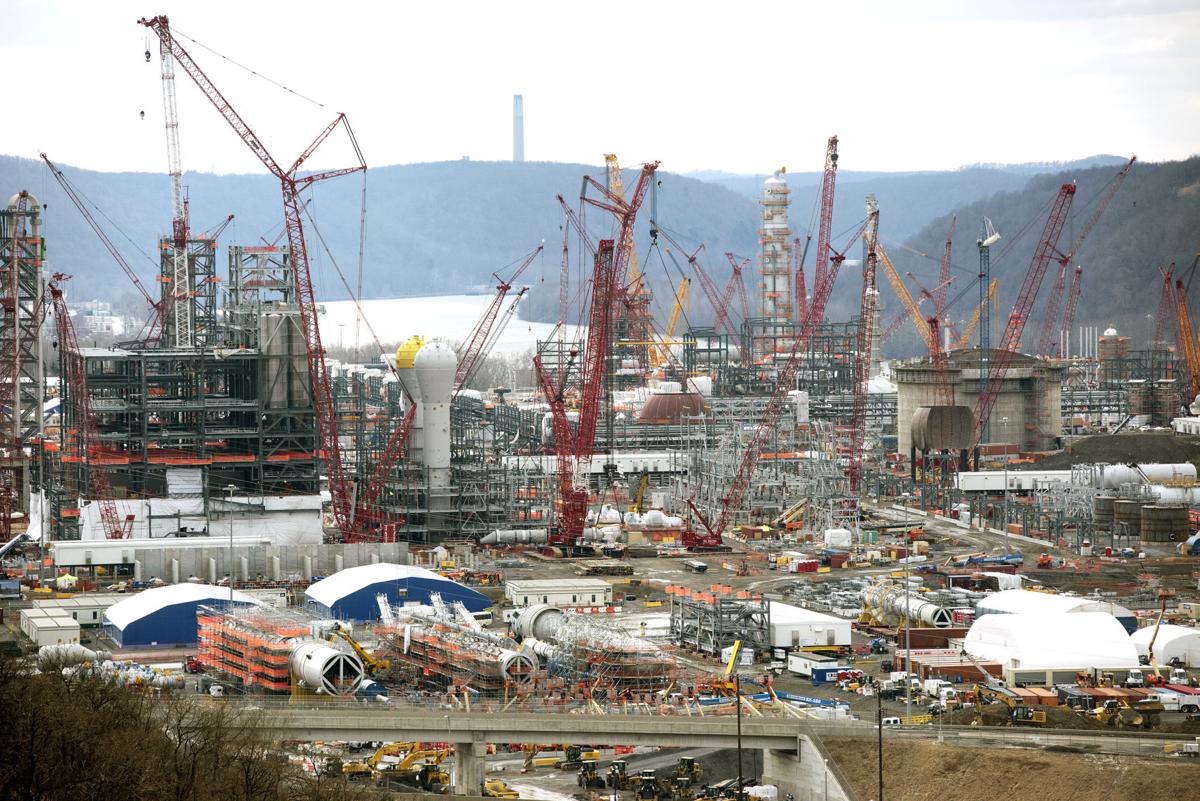For the hundreds of thousands of hardworking Pennsylvanians in the natural gas sector, we know the most efficient path to prosperity is leveraging our top-tier workforce, abundance of clean and affordable natural gas, and innovative skills to advance our economy and environment.
In fact, shale-driven manufacturing investments by the chemical industry topped $200 billion since 2010, the American Chemistry Council announced recently, citing the low-cost, low-carbon characteristics and availability of the resource.
“[Natural gas] is and will remain a key energy source as our nation strives to deploy renewable energy infrastructure, enhance grid reliability, and develop and adopt innovative lower-emissions technologies in manufacturing and beyond,” ACC president and CEO Chris Jahn said.
In the U.S., natural gas is used as both a fuel source and feedstock to industrial processes and is often the only adequate fuel source available for heat and power-intense manufacturing such as steel, glass, paper products, pharmaceuticals and other essential needs. Additionally, hydrocarbons that comprise natural gas liquids (NGLs) are the chemical building blocks that create the products we use every day.
The dynamic characteristics of natural gas and NGLs is why Shell chose to invest $6 billion in Western Pennsylvania to build one of the most modern and efficient petrochemical facilities in the world. Constructed by thousands of skilled trades men and women from the region, the facility, which sources ethane and butane from Appalachia-produced natural gas is helping revamp the local economy.
“We actually survived the pandemic a little better than we would have without [Shell] being here,” Beaver County Corporation for Economic Development president Lewis Villotti told WPXI.
And other businesses, such as international distributor and recycling firm Ravago, are choosing Monaca Pa. to relocate in order to do business with Shell, thereby creating more local job opportunities.
Statewide, the construction of this facility alone will contribute $3.7 billion to Pa.’s economy each year, a Robert Morris University study found.
“That is money that Pennsylvania wouldn’t have had otherwise, that policymakers can use for social programs or other benefits to the public good,” RMU professor Marcel Minutolo said.





